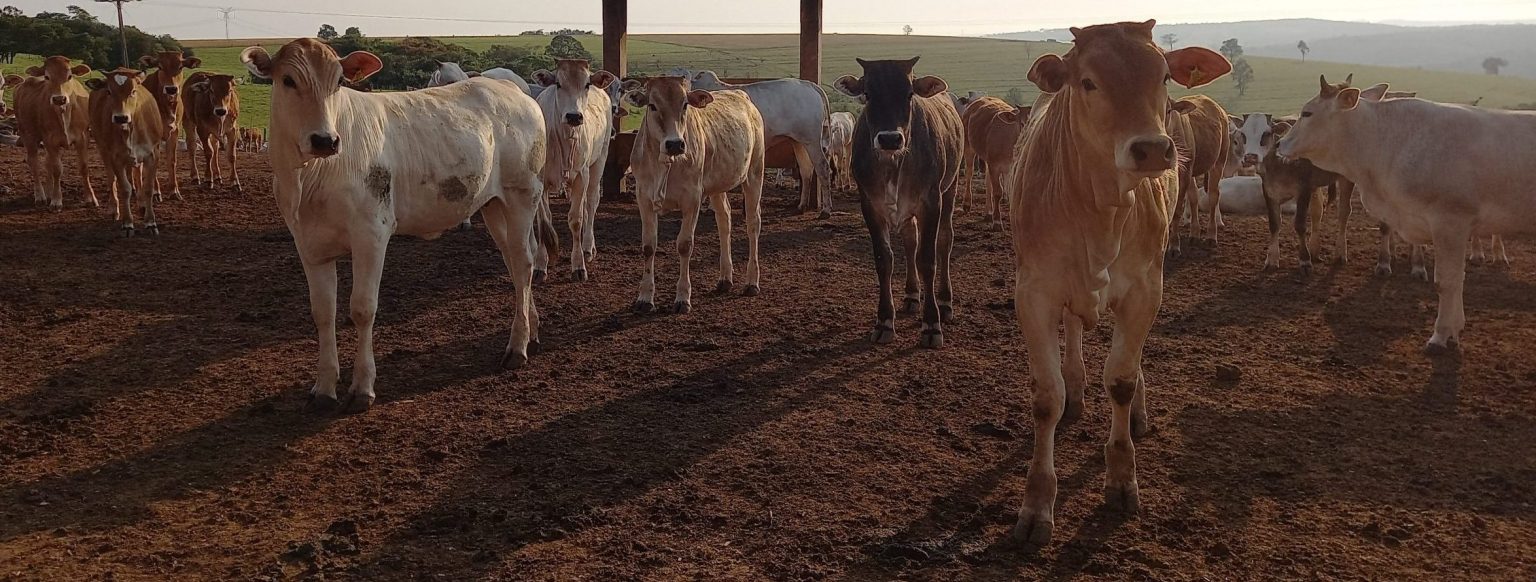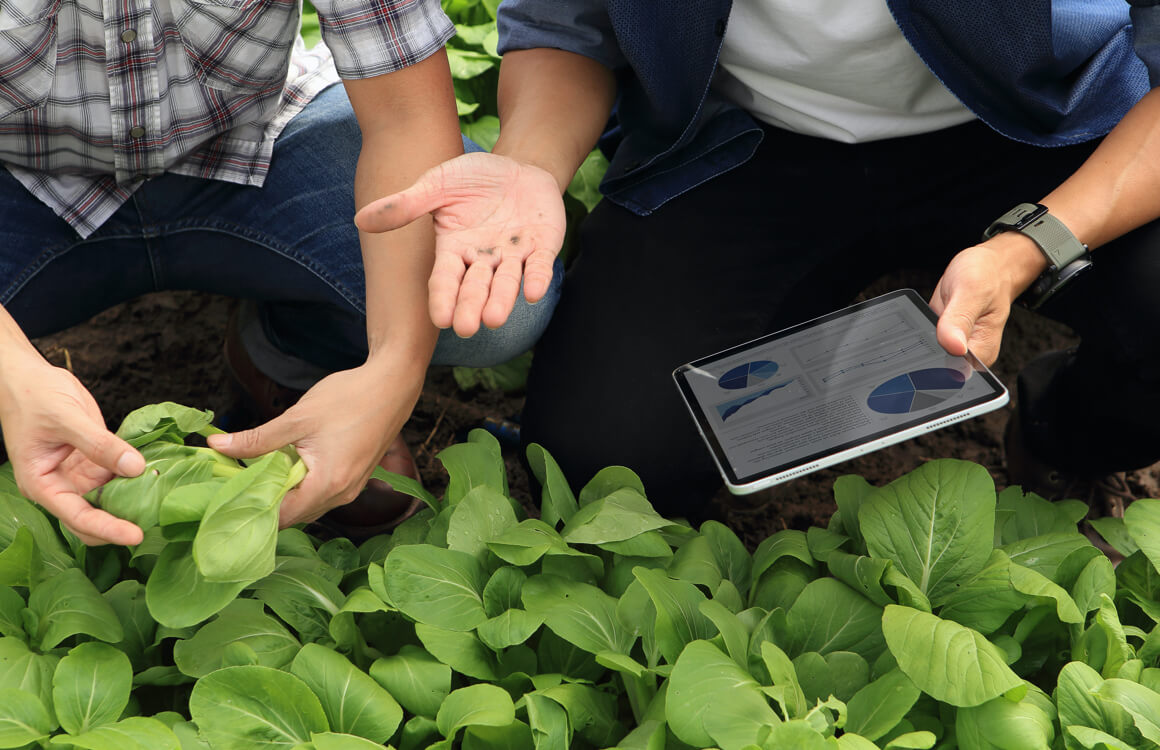IMPACT INCENTIVES
What are Impact Incentives?
Impact Incentives are an evolution of the book & claim or credit trading systems. Incentives are issued to producers that meet a set of sustainability criteria (eg: zero deforestation).
The physical goods and the Impact Incentives are traded separately from each other, eliminating the cost and complexity of traceability, while still allowing transparency. Brands buy incentives to deliver financial support to the farmers for following best practices, and in turn can make sustainability claims.
Impact Incentives allow brands to deliver support directly to the producers that are meeting their sustainability goals.
By creating an Alliance, we can leverage our efforts to create a consistent system for defining and trading Impact Incentives across multiple commodities.
Impact Incentives are supported by the Impact Alliance, a voluntary collaboration between global sustainability programs.
The way they work is quite simple; farms that meet a chosen standard or benchmark will be able to sell incentives for their volume of output, and brands can purchase these incentives to balance out their use of these output materials.
One-stop shop for brands: Companies that buy cotton, eggs, leather, beef, and soy can use a single platform to buy Impact Incentives for the different commodities they use.
Increased value for brands: Companies can report on the combined impact of their Incentives purchases across multiple commodities.
Easier for farmers: Farmers that have multiple outputs (eg: beef, leather, and soy) have a single system to work with.
Bigger numbers: By reporting data on the collective impacts of the Alliance members, we can show more significant progress towards global goals than each member could individually. This, in turn, will increase the relevance of the Impact Incentives and the value to everyone involved.
Greater reach: There is a huge marketing and PR opportunity by using the collective voice of the Alliance members, the stories of individual farmers, and the combined impact data. Together we can communicate and drive the recognition and value of sustainability efforts.
Flexible
Incentives work across multiple commodities and scopes.
Efficient
Incentives allow brands to bypass the cost and complexity of tracking materials along the supply chain.
Effective
Because they are used by different industries, Incentives accelerate impact where it is needed most.
NEWS
Check what’s going on
More and more NGOs support the Cage-Free Impact Incentives
The cage-free egg market in Asia is nascent, and farmers need incentives to transition to cage-free production. However, no single country, business or organization alone can tackle the serious challenges facing our world today. That is why partnerships are so important and are recognized as a Sustainable Development Goal in their own right. We have received the support from impactful NGOs and there are still a lot to come.
Check out the support letter which shows the power of collaboration when shaping positive change on food focused issues.
Impact Incentives Launch Webinar Recording
The Impact Alliance, joined by guest speakers from ISEAL, WWF, and MARS Petcare, announced the launch of the Impact Incentives program. Watch it to understand why you should be part of it.
Impact Incentives Launch Webinar
Join us to learn more about how Impact Incentives can be used across a range of commodities to accelerate impact and sustainability at the producer level. October 26th / 10:00-11:00 (EST) / 15:00-16:00 (CET)
Impact Incentives has been chosen as one of the new six landscape grant ISEAL projects.
New ISEAL Innovations Fund projects to boost sustainability at landscape level.
Can Impact Incentives help resolve a chicken-and-egg problem with cage-free eggs?
The trading of credits is already used to spur sustainable production of palm oil, soy and other commodities. Can it do the same for cage-free eggs in Asia?
Leather is transparency’s next big target
Is leather being sourced ethically? New research suggests often not.






